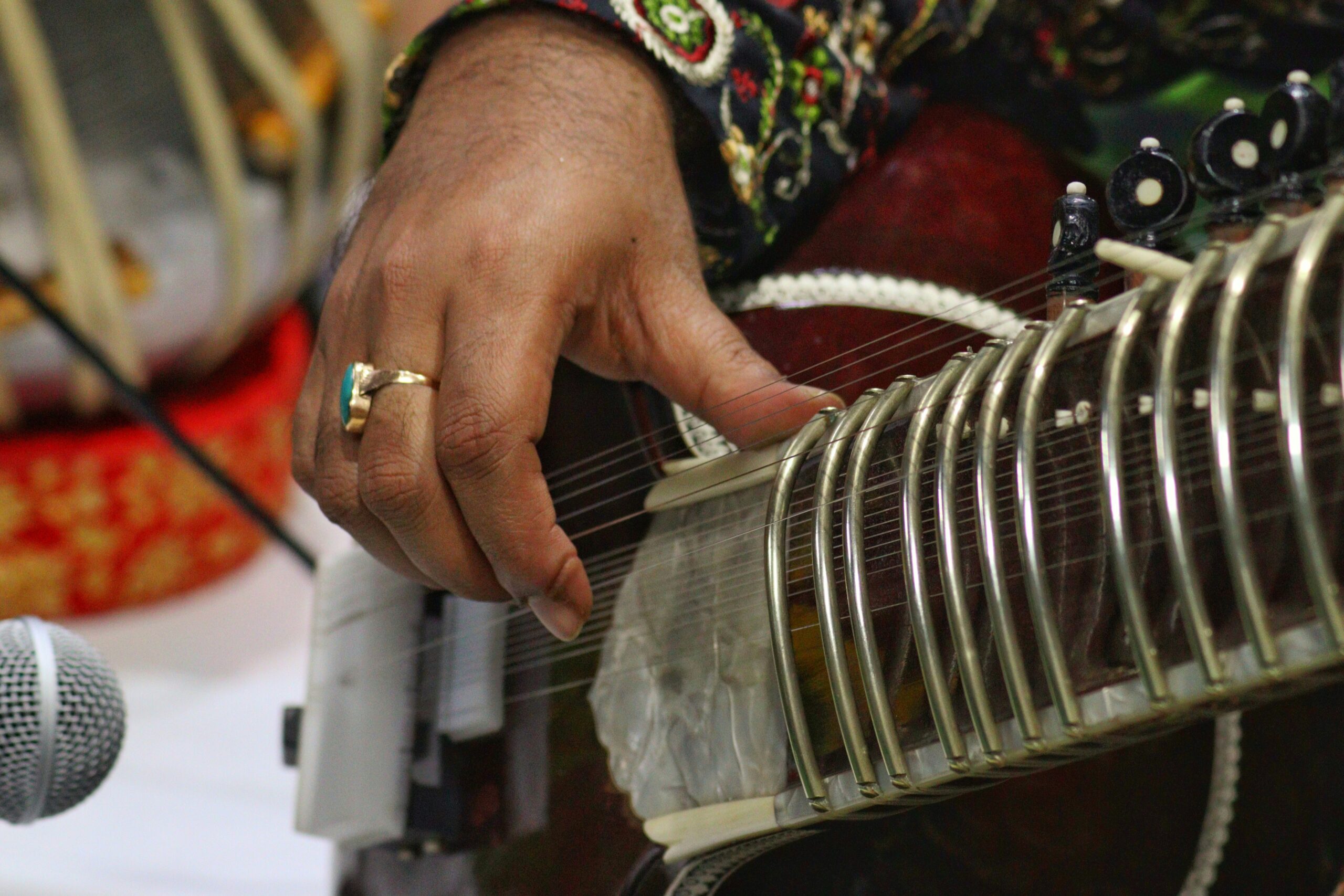
Music has always been a mirror reflecting the cultural landscape of its time. From the rhythmic drumbeats of West Africa to the soaring melodies of Western classical traditions, composers have drawn upon diverse cultural influences to craft sounds that resonate with listeners across the globe. In today’s interconnected world, modern music composition is shaped more than ever by cross‐cultural exchange, technological innovation, and the desire to honor tradition while forging new creative paths.
Historical Foundations and Global Exchange
Long before digital streaming made the world a smaller place, trade routes and exploration carried musical ideas far from their points of origin. The Silk Road, for example, introduced Middle Eastern maqam scales to Central Asia, while European colonization brought African rhythms to the Americas. Composers absorbed these influences, blending them with local styles to create genres such as jazz, blues, and salsa. This historical foundation set the stage for the multicultural tapestry of contemporary music.
Technology as a Cultural Conduit
Advances in recording and production technology have accelerated cultural exchange. Sampling technology, for instance, allows producers to incorporate traditional instrumentation—from the Indian sitar to the Brazilian berimbau—directly into electronic tracks. Digital audio workstations enable artists from diverse backgrounds to collaborate in real-time, regardless of geography. As a result, modern compositions often feature unexpected pairings: a West African kora riff underpinning an ambient electronica track or a pentatonic folk melody woven into a hip‐hop beat. Technology not only democratizes access to global sounds but also blurs the lines between genres.
Authenticity and Cultural Respect
While cross‐cultural exchange enriches music, it also raises questions about authenticity and appropriation. Contemporary composers must navigate these concerns by engaging respectfully with source cultures. Collaborative projects—where artists learn from cultural bearers and share creative credit—offer a model for ethical exchange. Additionally, immersive study trips, virtual masterclasses, and respectful sampling practices ensure that cultural influences are integrated thoughtfully rather than superficially borrowed.
Fusion and Innovation in Genre
The most exciting developments in modern composition often arise at the intersection of cultures. Worldbeat, a genre that fuses traditional world music with pop sensibilities, exemplifies this trend. Similarly, third‐culture composers—artists who straddle multiple identities—create hybrid works that defy easy classification. A composer of Japanese and Brazilian heritage might blend taiko drum patterns with samba grooves, resulting in a soundscape that speaks to both histories. These genre‐bending approaches challenge audiences to expand their musical vocabulary.
The Role of Community and Identity
Music serves as a vehicle for cultural identity and community cohesion. In diasporic communities, composition becomes a means of preserving heritage and asserting presence within broader society. Immigrant musicians draw upon ancestral traditions, adapting them for new contexts and audiences. Through festivals, community choirs, and digital platforms, these compositions find listeners who share or appreciate that cultural lineage. This dynamic reinforces the idea that modern music composition is not just a personal endeavor but a collective act of cultural storytelling.
Looking Ahead: Global Soundscapes
As the world grows ever more connected, the future of music composition will continue to be shaped by cultural confluence. Artificial intelligence may soon suggest novel cross‐cultural pairings while virtual reality concerts transport audiences into recreated cultural spaces. Yet the human impulse—to explore, to share, and to create—will remain at the heart of the creative process. By honoring the roots of each influence and collaborating with respect, composers can craft music that truly echoes across borders, resonating with the shared experiences of humanity.